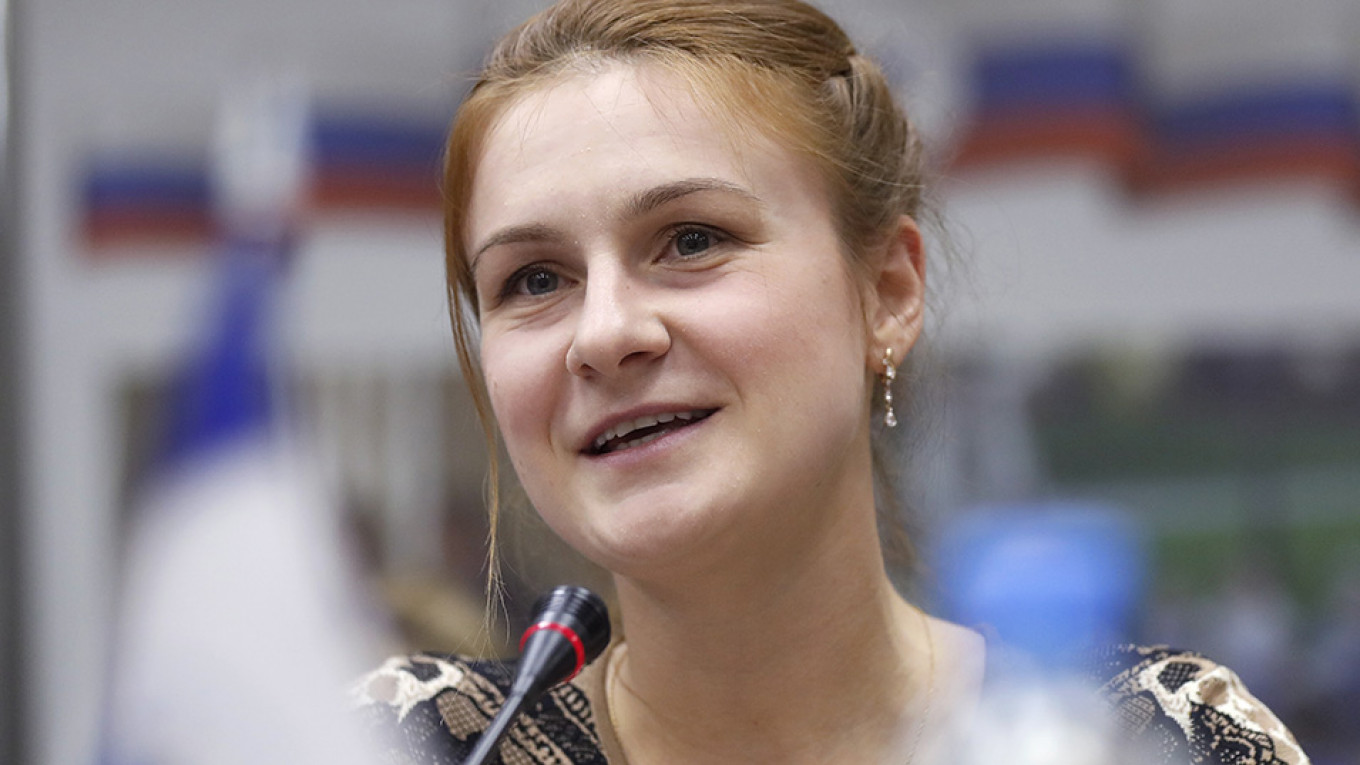

She promoted unpopular ideas and projects, for example, the free sale of weapons.”Īltai is a conservative, agricultural region in Southern Siberia, and Butina is what the democratic-development world would call “a high-end result.” She attended a school with an intensive English- language program and entered the local university winning one of an ever-diminishing number of scholarship places. In general, she wasn’t well known in the NGO world, I saw her at a Public Chamber meeting. Svetlana Chyrakova, director of the Altai NGO Resource Center, recently said of Butina’s case, “The situation is very sad.

In addition to providing training, information, and legal advice, these centers were responsible for identifying NGO and government representatives to go on US study tours and organizing meetings for US government representatives visiting Siberia. In Siberia this process began in 1995 when US AID gave almost $2 million to support the expansion of a small NGO resource center into the Siberian Center and create a network of NGO resource centers in 11 regions across Siberia, including Butina’s home region of Altai. By the time she was a teenager, however, there was a whole infrastructure of legislation and funding in place to support NGOs, much of it established in partnership with Western institutions and organizations.

Small, informal groups were starting to appear, such as “Diplomacy Through Families” in Novosibirsk that organized citizen-diplomacy exchanges, but NGOs as we now know them did not exist in the country. When Butina was born during the perestroika era, there was no such thing as an independent, registered NGO in Russia.


 0 kommentar(er)
0 kommentar(er)
